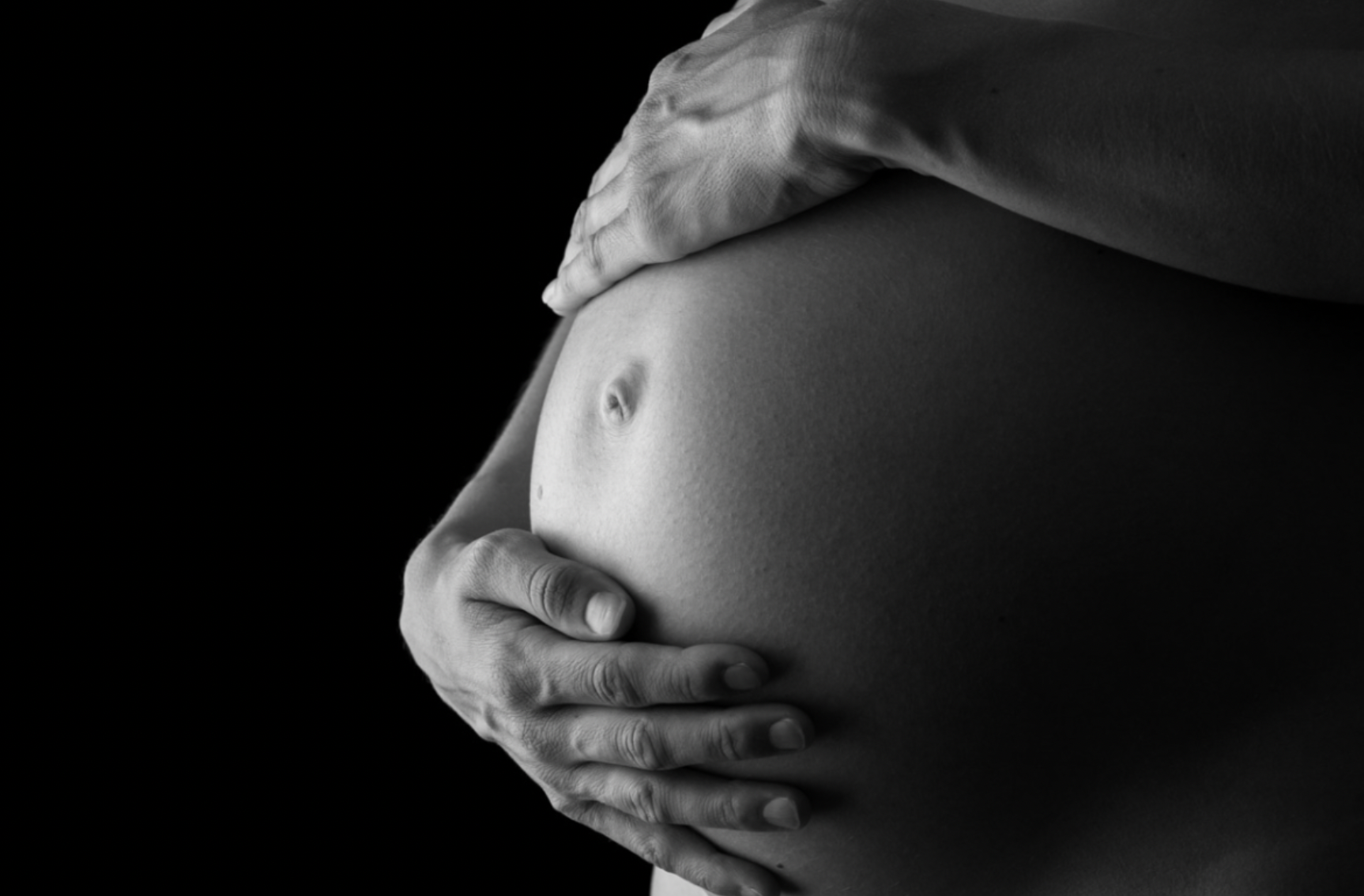Infant care... Just for you.
 Historically, these health inequities have prevented parents from accessing high-quality maternal health care. As a result, health disparities persist among different demographic groups, leading to poorer maternal health outcomes, diminished patient-provider trust, and a lower quality of life for new mothers.
Historically, these health inequities have prevented parents from accessing high-quality maternal health care. As a result, health disparities persist among different demographic groups, leading to poorer maternal health outcomes, diminished patient-provider trust, and a lower quality of life for new mothers..jpeg) advance health equity throughout the greater New Orleans population. The program has achieved significant milestones including hosting and teaching health equity training with local organizations, and even developing an effective Community Health Worker program to guide maternal patients towards addressing SDOH and improving equitable birthing circumstances. Needless to say, DIEEP works tirelessly to protect vulnerable populations from health inequities and improve maternal health outcomes. However, these achievements mark only the beginning of DIEEP’s outreach goals to reduce infant food insecurity, improve awareness of maternal and paternal mental health, promote maternal health equity, and address the maternal health crisis.
advance health equity throughout the greater New Orleans population. The program has achieved significant milestones including hosting and teaching health equity training with local organizations, and even developing an effective Community Health Worker program to guide maternal patients towards addressing SDOH and improving equitable birthing circumstances. Needless to say, DIEEP works tirelessly to protect vulnerable populations from health inequities and improve maternal health outcomes. However, these achievements mark only the beginning of DIEEP’s outreach goals to reduce infant food insecurity, improve awareness of maternal and paternal mental health, promote maternal health equity, and address the maternal health crisis.